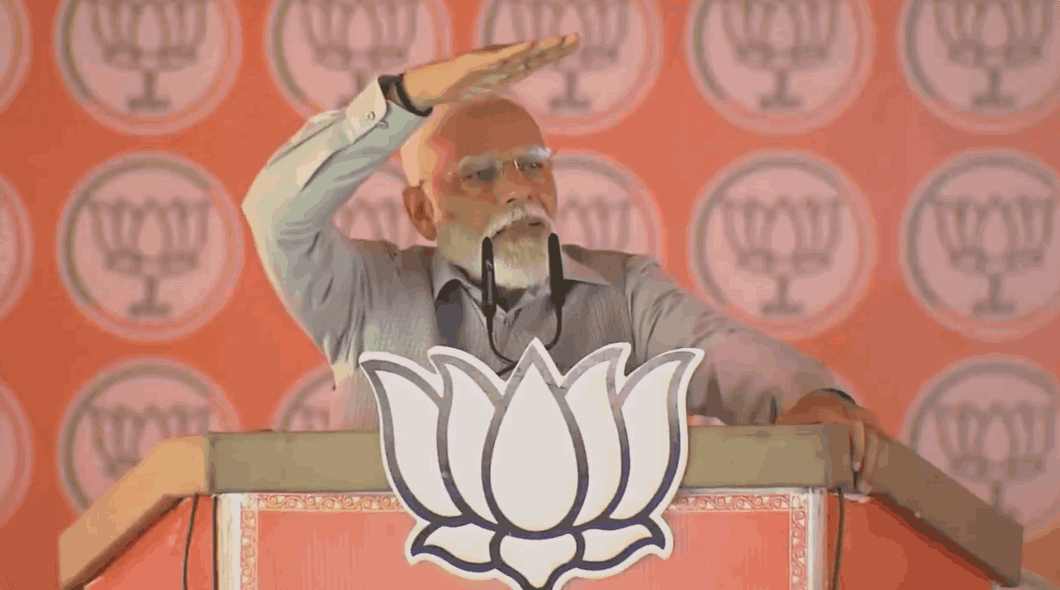Uttarakhand — Prime Minister Narendra Modi delivered a scathing rebuke to the Congress party during his visit to Rishikesh, accusing them of challenging Hindu beliefs and obstructing the construction of the Ram Temple. Addressing a crowd, PM Modi’s speech highlighted the ongoing ideological clash between the BJP and Congress, particularly regarding matters of faith and cultural heritage.
PM Modi’s remarks centered on the Congress party’s alleged skepticism regarding the existence of Lord Ram and their refusal to participate in the Ram Temple ‘Pran Pratishtha’ ceremony. He asserted, “Congress had raised many questions on the existence of Lord Ram. Even after they were invited to Ram Temple ‘Pran Pratishtha’, they boycotted it.” The Prime Minister’s comments underscored the BJP’s narrative of defending Hindu traditions and sacred sites.
Moreover, PM Modi accused the Congress party of openly declaring their intent to “destroy the ‘Shakti’ in Hindu religion.” These accusations reflect the deepening polarization surrounding religious identity in Indian politics, with the BJP portraying itself as the custodian of Hindu interests against perceived threats from rival parties.
The Prime Minister’s remarks come amid heightened political fervor ahead of state elections in Uttarakhand and other key regions. The Ram Temple issue has emerged as a rallying point for the BJP, galvanizing support among its base and stirring emotive responses from supporters.
PM Modi’s sharp criticism of the Congress party’s stance on Hindu beliefs is likely to resonate with his supporters, who view the BJP as a staunch defender of Hindu values. However, it is also expected to draw condemnation from opposition parties and secular activists, who accuse the BJP of exploiting religious sentiments for political gain.
As India grapples with complex socio-political dynamics, PM Modi’s speech in Rishikesh underscores the enduring significance of religion and culture in shaping political discourse. The Ram Temple issue remains a potent symbol of identity politics, with parties vying for supremacy by appealing to religious sentiments and affiliations.
PM Modi’s visit to Uttarakhand and his forceful denunciation of the Congress party’s stance on the Ram Temple issue highlight the entrenched divisions within Indian society and the enduring relevance of religious identity in electoral politics. As the country prepares for upcoming elections, the Ram Temple controversy is likely to remain a focal point of contention, shaping the trajectory of Indian democracy in the years to come.



